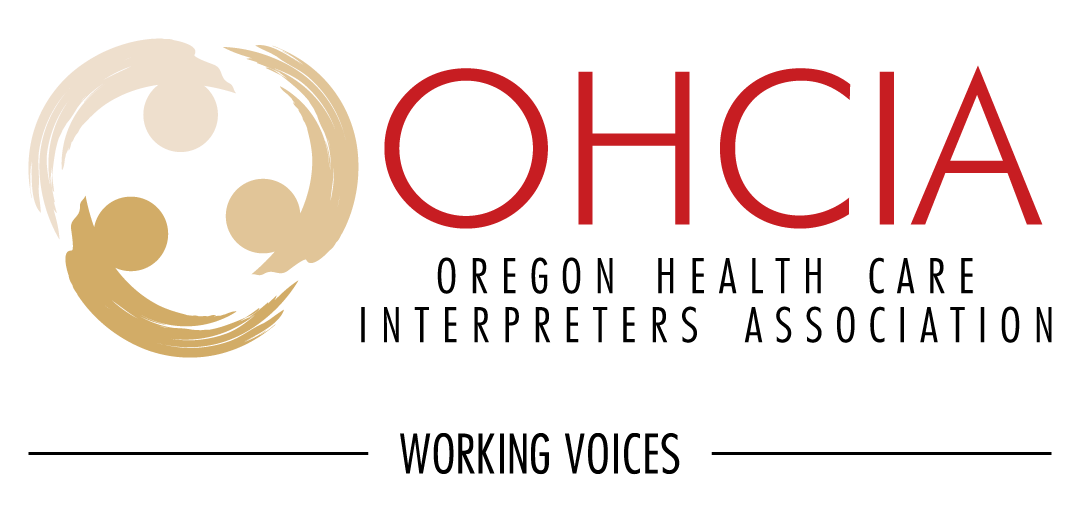HB4115 News
Feb 13, 2020
OHCIA has been working hard on HB 4115 this legislative session.
We are very fortunate to have the House Health Care Chair, Representative Andrea Salinas championing this bill. HB 4115 requires health care providers, including CCOs and health care interpreter agencies, to ensure that any interpretation service offered to patients is executed by an OHA certified or qualified health care interpreter.
HB 4115 is an important step in creating professional standards and accountability that will protect and improve the health outcomes for our LEP patients Last Thursday we had a great hearing in the house health care committee. We had testimony in support from various partners and there is testimony in the record from organizations across the state in support.
Currently, we are working with the Chair and final bill language. The bill had a work session this past Thursday February 13th. We are excited about this legislation and will keep you updated as it moves through the process!
Dear friends and colleagues,
I hope that you are doing well.
I want to share with you that OHCIA was invited by Representative Andrea Salinas to participate with other stakeholders in the development of a bill that creates new provisions and amends others related to the health care interpreters in Oregon.
House Bill 4115 will be introduced in the 2020 Oregon Legislative Assembly, which begun on February 3, 2020.
It is important to understand that this is not the final version because organizations, stakeholders and OHCIA are still proposing amendments.
OHCIA will be present during the process to ensure that the bill will benefit the health care interpreters and the language access services for the members of our communities in need of our services.
As health care interpreters, we are an essential part of the medical team as we bridge the cultural divide between the health care professional and the members of our communities with limited English proficiency through language. We also know that a trained and certified/qualified interpreter understands medical terminology, standards of practice, and cultural competencies necessary to provide accurate interpretation. We want to ensure the proper communication that allows our patients to receive quality medical care, but we also are in need of support in many different areas.
Letters of support can be submitted to the committee hearing the bill via email at hhc.exhibits@oregonlegislature.gov.
We appreciate the grant provided by NW Health Foundation, Meyer Memorial Trust, Oregon Community Foundation, Kaiser Permanente Community Fund and CareOregon that allowed us to contract with Strategies360, a firm with experience in public affairs and communication that is providing us support in Salem to navigate the process and make our voices heard.
I will continue giving you updates and asking for your support as needed.
Sincerely,
Susy Molano, Spanish Certified Medical Interpreter
OHCIA Executive Director

